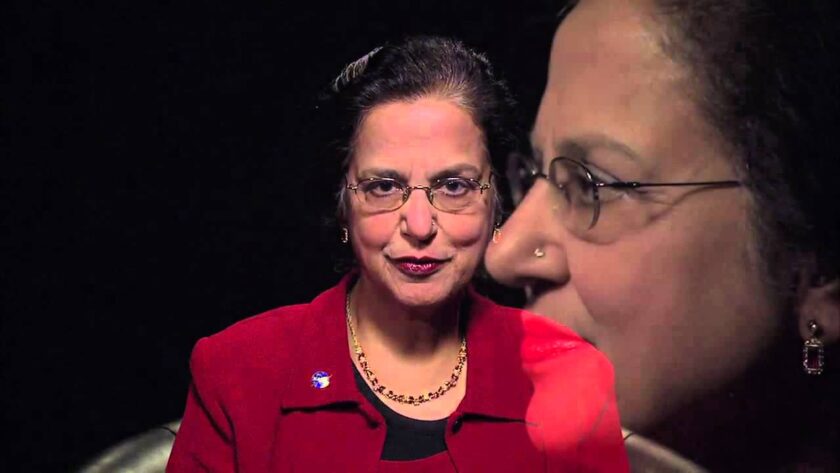Washington: The World Health Organization (WHO) has once again become a focal point of controversy amid claims that former U.S. President Donald Trump’s transition team is advocating for the United States to sever ties with the organization. Trump initially began the process of withdrawing the U.S. from the WHO in 2020, alleging that the agency was overly deferential to China. His successor, President Joe Biden, reversed this decision, reaffirming the U.S. commitment to the global health body.
This debate raises broader questions about the effectiveness of global health governance, particularly as the WHO’s mandate has expanded significantly since its establishment. Originally focused on critical health issues such as nutrition, sanitation, and combating diseases like tuberculosis and malaria, the WHO now addresses a diverse range of topics, including road safety, climate change, tobacco and drug use, and genetically modified foods. Critics argue that this broadening of responsibilities has diluted the organization’s ability to respond effectively to public health emergencies.
WHO’s COVID-19 Response Under Fire
The WHO’s handling of the COVID-19 pandemic has drawn sharp criticism. International committees have pointed to the agency’s delayed designation of COVID-19 as a Public Health Emergency of International Concern (PHEIC), which many believe exacerbated the global death toll. Additionally, the organization faced backlash for its perceived failure to enforce international health regulations and implement travel restrictions in a timely manner.
These shortcomings have reignited discussions about whether the WHO’s structure and strategies are adequate to address global health crises. Analysts contend that the agency must undergo significant reforms to restore credibility and improve its ability to respond to future emergencies.
Tobacco Control and the Case for Harm Reduction
Another area where the WHO has faced criticism is its approach to global tobacco control. Despite the introduction of the Framework Convention on Tobacco Control (FCTC) over 20 years ago, smoking rates remain alarmingly high, with 1.3 billion smokers worldwide at risk of premature death. Critics argue that the WHO’s strategy has failed to achieve the desired quitting rates due to its lack of support for harm reduction measures.
Harm reduction—a public health strategy that promotes safer alternatives to traditional smoking—has shown promise in countries like New Zealand and Japan. For instance, New Zealand reported a 49% decrease in adult daily smoking rates over five years following the widespread adoption of e-cigarettes. Similarly, Japan experienced a significant decline in smoking prevalence with the introduction of heated tobacco products. Despite such evidence, the WHO continues to treat these alternatives as equivalent to traditional tobacco products, a stance many experts deem scientifically unfounded.

Former WHO directors Ruth Bonita and Robert Beaglehole have called for harm reduction to become a core element of the FCTC. They argue that ignoring these safer options limits the ability of smokers to transition to less harmful products, thereby undermining global tobacco control efforts.
A Call for Reform
The ongoing debates over the WHO’s effectiveness underscore the need for a reassessment of its goals and strategies. Experts emphasize that the organization must realign its objectives to better serve the health needs of global citizens. This includes adopting science-based approaches, addressing political and economic challenges, and prioritizing initiatives with the greatest potential to improve health outcomes.
As the WHO grapples with these issues, its role as a central pillar of global health governance remains critical. Whether the organization can adapt to meet the demands of a rapidly changing world will determine its ability to lead the international community in addressing future health challenges.









